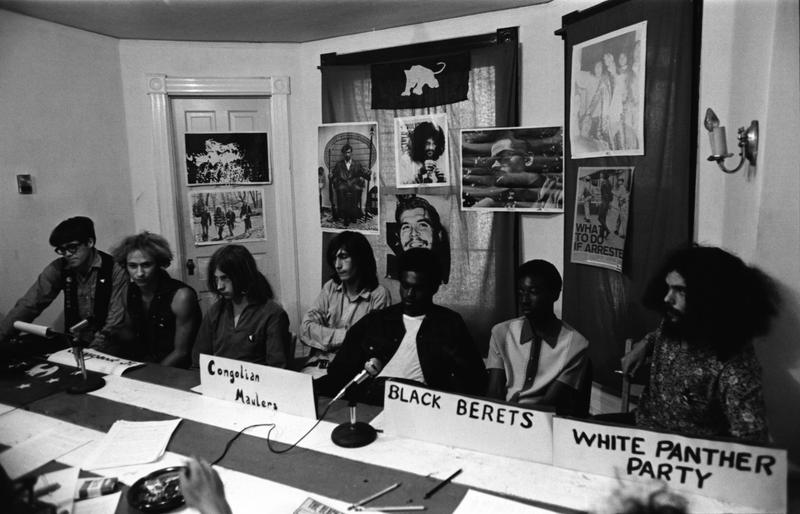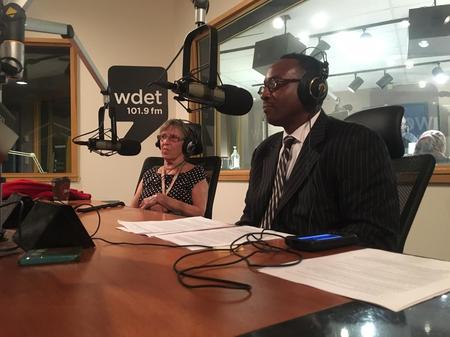The Legacy of the White Panther Party
A look inside white radical movements born in the wake of 1967


Revolution.
Any number of groups in the late 1960s dreamed of it, a radical reconstruction of society forged in the aftermath of war, riots and social unrest. Following the 1967 rebellion, Detroit became a hotbed of far-left politics, giving birth to the White Panther Party in 1968. White radical artists and activists, in support of the Black Panther Party, convened across Detroit and Ann Arbor to put their own anti-racist stamp on the counterculture movement.
WPP founding member Leni Sinclair, a 2016 Kresge Eminent Artist, joins Detroit Today host Stephen Henderson to reflect on her time with the party, and the legacy of white radicalism today.
“People are as radical now as ever,” she says. “There’s no one focal point, but we still have to be vigilant against the establishment of a king or any kind of fascism.”
Charles Ferrell, director of public programs at the Charles H. Wright Museum of African American History in Detroit, also joins the show to discuss a panel the museum is hosting this upcoming Saturday featuring White Panther founders, including Leni Sinclair. It will take place at the Wright from 2-4 p.m. It is free and open to the public.
The panel prologs an exhibit and series of events at the museum reflecting on the events of that summer, called “Say it Loud: Art, History, Rebellion.”
Click the audio player above to listen to the full conversation
